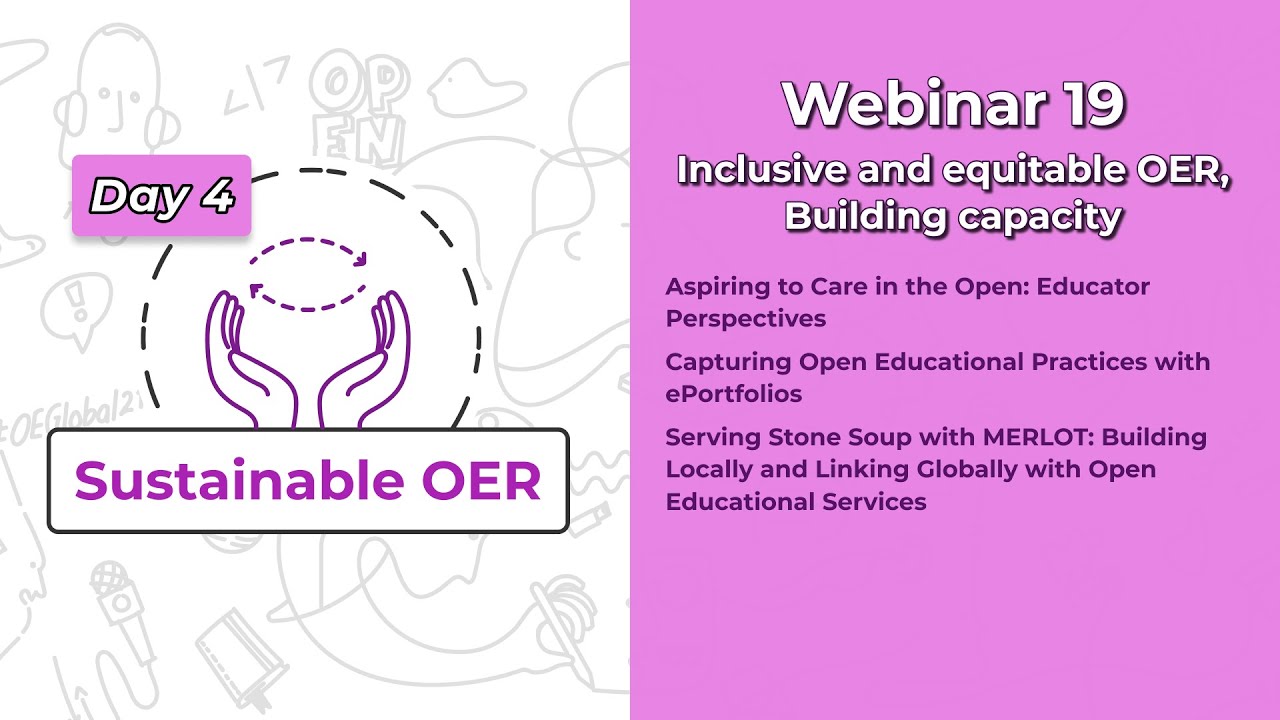Gerry Hanley (MERLOT-SkillsCommons)
MERLOT (Multimedia Educational Resource for Learning and Online Teaching; www.merlot.org ) provides a suite of free online tools to enable learning for everyone. MERLOT’s open and free online library provides teachers, faculty, students, librarians, and anyone who has internet access with a collection of free and open educational resources for their personal and institutional use. Since 1997, MERLOT’s inclusive strategy has enabled individuals connected with the education enterprise worldwide to access, reuse, share, and access free and open educational resources (Hanley, 2001; Hanley, Schneebeck, & Zweier, 1998; Schneebeck & Hanley, 2001). Today, the MERLOT consortium is composed of higher education systems, consortia, individual institutions of higher education, professional academic organizations, other digital libraries, education industries, and over 185,000 individuals to form a community of people who strive to improve the teaching and learning experience with high-quality online resources. The free and open MERLOT library has over 94,000 online resources, including over 8,000 e-textbooks and over 8,000 online courseware. The MERLOT community has sustained the growth of the collection and membership through voluntary contribution of expertise and efforts by individuals around the world for 24 years. How has MERLOT been able to scale and sustain its open educational services?
Stone Soup for the 21st Century: Marcia Brown’s 1947 publication of a folktale provides a powerful metaphor for integrating organizational practices, individual leadership and participation, sharing and adoption of technologies, and a pathway that the MERLOT program charted its strategic plan. The folktale tells the story of three tired soldiers coming back from work, “inspiring” a fearful town to share their food resources in a community pot of soup. Each step in the story characterizes important change management processes that are important for building the local capacities of a community in order to achieve an outcome that is collectively beneficial. The story is a metaphor for putting educational innovations into practice and nine elements to the metaphor will be highlighted. The elements can become principles to guide to building the local capabilities and managing the changes required for the community to benefit from and sustain an OER program:
• Engaging people and opening doors
• Recognizing and validating needs
• Exciting curiosity
• Creating the gathering place in the open
• Inviting solutions
• Offering personal contributions
• Encouraging publicity
• Enjoying the fruits of labors
• Celebrating accomplishments and saying thank you
Each of these principles for implementing a local OER program is enabled by MERLOT’s globally available open educational services. The presentation will review how MERLOT has designed its Open Educational Services to help local organizations and communities to build their OER capabilities by applying the Stone Soup metaphor within a change management strategy for putting innovations into practice. Specifically, the presentation will review how it is building the local capabilities of Historically Black Colleges and University to implement “Affordable Learning Solutions” programs by linking to the global open educational services of MERLOT.
Extended abstract: OE_Global_2021_paper_93.pdf 📄
Webinar Information
This presentation is part of Webinar 19 Inclusive and equitable OER, Building capacity taking place in your local time → .
Webinar Access (registered conference participants only):
![]()
![]() Go to Webinar 19
Go to Webinar 19
UNESCO OER Action Area: Inclusive and equitable OER, Building capacity
Language: EnglishSee the other presentations that take place in this webinar.
Presentation Recording
Participate
Before the webinar the authors will be asked to reply below with links to their presentation materials, related videos, and other relevant links, as well as prompts for discussion here.
For anyone that missed the live session, an archive will be posted here as soon as possible.
Conference participants are urged also to reply below with questions, comments for the presenters or to share related resources.
